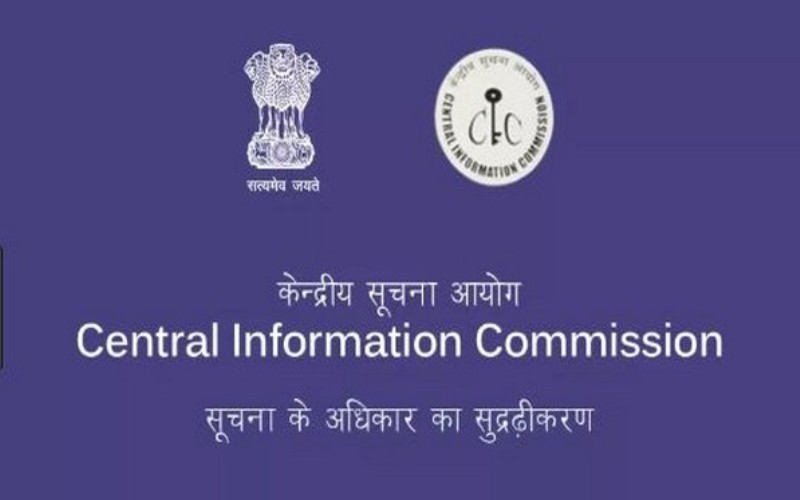New Delhi: Central Information Commission (CIC) has directed Ministry of Home Affairs (MHA) to provide all orders relating to granting or denying remission to various life convicts to AG Perarivalan, convict in Rajiv Gandhi assassination case saying he has the right to know about rules and order with regard to remissions. The CIC also directed MHA to put all such orders from the year 2000 onwards in public domain and upload them on its website.
“The Commission finds no reason to hold a remission order as classified and guarding the same from public vigil.
The Commission sees no impediment if the remission orders are made public,” Information Commissioner Yashovardhan Azad said in his order on an appeal filed by Perarivalan. Perarivalan was awarded death sentence which was later commuted to life imprisonment by the Supreme Court in 2014.
Perarivalan had in January 2016 filed an application under Right to Information (RTI) with MHA seeking to know the documented policy and rules governing the remission of convicts in light of judicial order in the case of Union of India Vs. V.Sriharan alias @ Murugan and others on December 2, 2015. He also asked for circulars/orders / bylaws issued by the Centre to the States refraining the State Governments from granting any remission/suspension/release in the matter, and copy of all orders passed by the Central Government from January 2010 to December 2015.
The CIC found that the reply of Principal Information Officer (PIO) of MHA to Perarivalan was incomplete. “The PIO failed to apply his mind and sought a blanket refuge under the guise of the matter being subjudice,” Azad said.
“As per their reply, in 20 cases the sentence of death was commuted to life imprisonment. The reply is again misplaced since the appellant had sought to know the details of remission granted that the PIO furnished information regarding commutation of sentence by the Central Government which is not in fact relevant to the query of the appellant and the same is liable to be set aside,” Azad added.
“Grant of remission is an exercise of a statutory power under CrPC. It acknowledges the power of the Executive to grant remission to convicted persons after due consideration by the appropriate Government. As per the criminal jurisprudence, a crime besides being a personal wrong against the victim is also a wrong against the society at large. That is why, the prosecution in such penal offences is led by the State on behalf of the society at large. The judgement passed by Court in a criminal matter is a public document since the interest of general public is involved. Following the same analogy, it is again in public interest that the public gets to know as to why a proved accused i.e. convict is being released,” Azad wrote.
While directing the Principal Information Officer (PIO), Judicial Division of MHA to furnish an unambiguous reply to the RTI filed by Perarivalan, Azad noted that the appellant was entitled to know whether any set of rules governing the provisions of Article 72 & 73 of the Constitution of India as well as those under Section 432-435 CRPc were framed by the Central Government in compliance with the decision of the Supreme Court in Union of India Vs. V.Sriharan alias @ Murugan and others.
“The Commission hastens to clarify that the right of appellant to know the rules governing him has no impact on any judicial verdict. Rather, it is in larger public interest that such rules, if in existence, may be widely circulated,” Azad added.
[source_without_link]ANI[/source_without_link]

